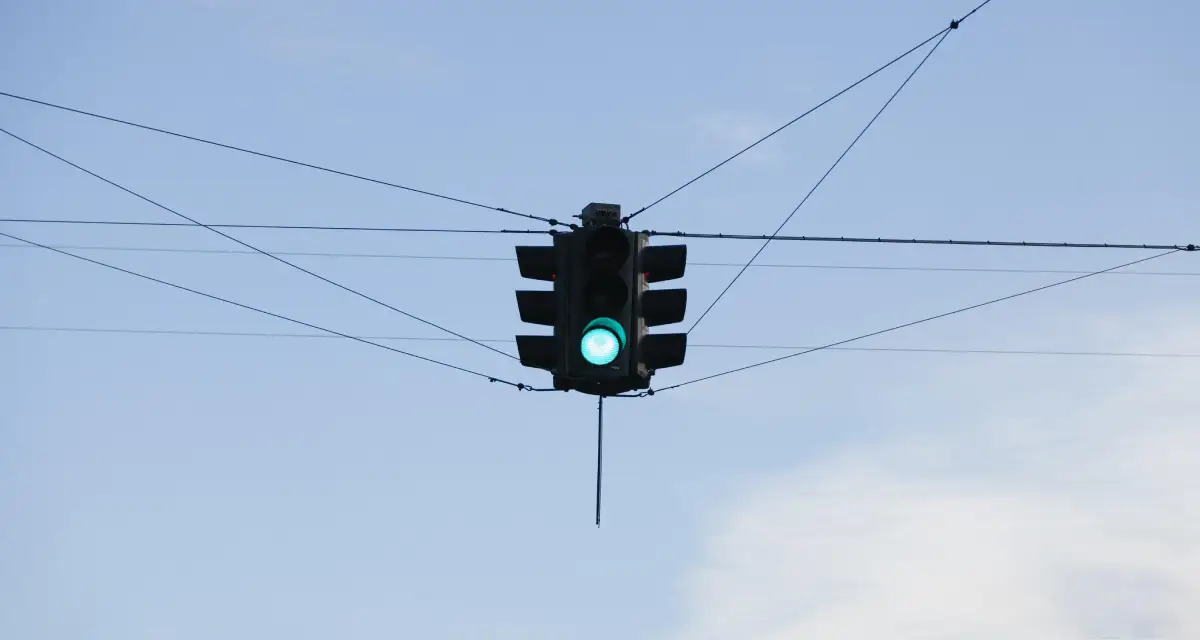

Maharashtra has requested the central government's approval to link unpaid e-challans with the bank accounts of motorists, aiming to recover a substantial Rs 2,429 crore in outstanding fines from 42.89 million traffic violators. Despite implementing e-challans in January 2019, the state has only recovered 35% of the levied penalties over five years.
Since the introduction of e-challans, over 7.53 million motorists in Maharashtra have been fined through electronic systems utilizing handheld devices and CCTV networks. These fines total Rs 3,768 crore, but only Rs 1,339 crore has been collected by March 2024, reflecting a 35% recovery rate. E-challans are issued for violations such as speeding, lane cutting, and jumping traffic signals.
The state government's multiple efforts to recover the outstanding fines have proven insufficient, prompting the transport department to seek permission from the central government to link e-challans with motorists' bank accounts. According to a transport department official, the initiative would link the bank accounts used for FASTag and motor insurance payments with the outstanding e-challans. This would facilitate the automatic recovery of fines when motorists attempt to top-up their FASTag or pay for their vehicle insurance.
Maharashtra’s move is not new. In 2023, the Supreme Court Committee on Road Safety (SCCoRS) proposed that the Odisha government consider collecting fines directly from the bank accounts of traffic violators who fail to pay within a specified timeframe. This proposal emerged after observing that only 27% of issued e-challans in Odisha resulted in paid fines, with the remaining cases often proceeding to court.
The rise of e-challan systems has also seen an increase in related scams. Recently, an autorickshaw driver in Thane, Maharashtra, fell victim to a scam after receiving a text message alleging a traffic violation and instructing him to settle the fine via an app called "Vahan Parivahan." Upon installing the app, unauthorized transactions amounting to Rs 50,000 were made from his account.
Similarly, in Gujarat’s Ahmedabad, cybercriminals duped residents by sending fraudulent e-challan messages, tricking recipients into clicking malicious links and disclosing their personal and financial information. These scams managed to steal lakhs of rupees from victims' accounts before the police apprehended the criminals.
Scammers send text messages or emails that mimic legitimate e-challan notifications from traffic police, claiming that the recipient has an unpaid traffic violation and including a link to view or pay the challan. These links direct victims to fake websites designed to steal personal information. In some instances, scammers persuade victims to download mobile apps purportedly for viewing or paying e-challans. These apps are designed to steal data from the victim's device or infect it with malware.
As Maharashtra seeks to link e-challans with bank accounts to improve fine recovery rates, motorists must be aware of potential scams and verify the authenticity of e-challan notifications. This initiative, if approved, could streamline the fine collection and enhance road safety compliance in the state.
Note: This article is based on information sourced from news reports and official statements. Always verify with official sources before taking any action related to e-challans and fines.
Also Read: